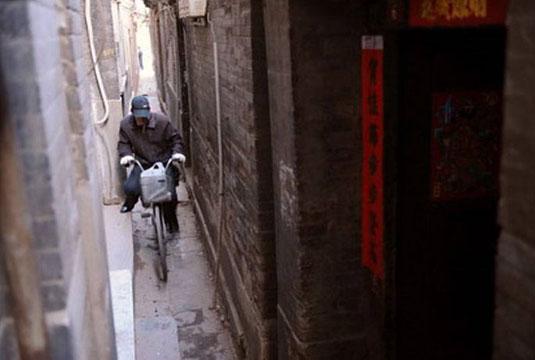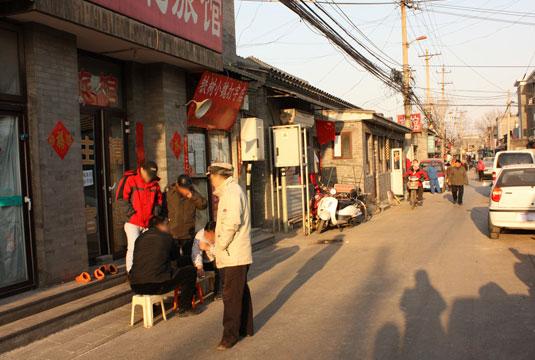 |
|
Beijing’s small alleyways and courtyards, known as hutongs, are one of the city's most unique and oldest attributes.
|
After decades of decay some local residents say hutong life is getting harder.
"Culture? I’m old now. I’d rather be warm. The wind is freezing. We don’t have enough heating. I’m waiting to be moved."
In the last 20 years alone Beijing has doubled in size to 20 million residents. The newcomers in the capital need homes, jobs and conveniences that traditional hutong life just can’t supply. But experts say rapid urbanization should still preserve the past.
"In many cases, people have moved out of the inner cities and obtained better houses provided by the government. But they face a longer commute. They have less access to jobs and public services... And may lose social bonds." said Professor Liu Zhilin, School of Public Policy & MGT., Tsinghua University.
It’s likely that many residents who are moved from Dashilar will be given new apartments. Those with deep roots here say the modern conveniences of apartment living, such as a private kitchen and toilet, aren’t enough to make them go willingly.
 |
|
Beijing’s small alleyways and courtyards, known as hutongs, are one of the city's most unique and oldest attributes.
|
We recommend:
